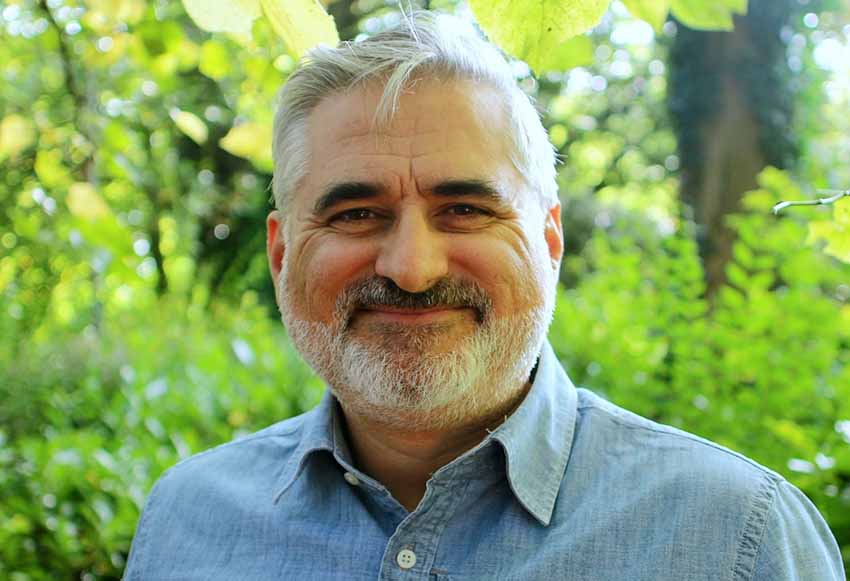Donostia-San Sebastián. Pedro J. Oiarzabal, Basque researcher from Bilbao begins a periodic collaboration with EuskalKultura.eus today with the generic title “Diaspora Bizia.” Beginning today and then after every three or four weeks, this expert professor of Basque Diaspora will publish his thoughts in our Blog Section. Today’s column, entitle “The Basque Diaspora on Standby,” discusses how the pandemic we are experiencing is affecting our Diaspora. Bringing together and raising issues related to our Diaspora is precisely one of the founding principles of EuskalKultura.eus, giving a voice to different opinions and sensibilities.
We asked Pedro Oiarzabal about his plans for this collaboration
“Diaspora Bizia,” as in its first stage in 2015, hopes to reflect about the complex social reality of the Basque presence outside of the territorial borders of Euskal Herria, with a special emphasis on its most social component, which is mainly articulated by a network of associations of migrant origin or Basque household. I also hope to justify their active role in the construction of a transnational Basque citizenry which is reflected in public agendas as well as in the Basque and Navarrese administrations. We are all needed if we are to build a more just and egalitarian country.”
How do you see the world of the Basque Diaspora now?
“If we understand the Basque Diaspora as a huge network of networks, ranging from the aforementioned euskal etxeak to Basque households to relocation centers of large Basque companies’ production, the picture is very complex and its analysis is also extremely complicated. Now, there is an urgent need to deepen our knowledge about them, without which there cannot be a good diagnosis of the real situation, or to propose measures tailored to their needs. For example. we have nodes in the Basque club network in the traditional Diaspora as well as the more current one that barely exists beyond its constitutional statues, while others are overflowing with vitality and commendable generational relief. On the other hand, it is hard to understand the public neglect of the weakest in favor of the strongest when all are part of the same network that exists to the extent that its nodes subsist.”
Pedro J. Oiarzabal received his Ph.D in Political Science and Basque Studies at the University of Nevada, Reno. For two decades, his work has focused on research and consultancy on public policy (citizenship abroad and return), Diasporas and new technologies, and social and historical memory (oral history, migration and exile), with a special emphasis on the Basque case. In recent times, his work on the role of Basque-Americans in World War II is making a special impact, not forgetting his specialized work in Basque oral histories in the USA. On Twitter, @Oiarzabal
We thank him for sharing his reflections and commentaries about the world of Diaspora.
This time his article has been published in Basque and in Spanish, in our Blog section.






 Send to a friend
Send to a friend Add comment
Add comment








